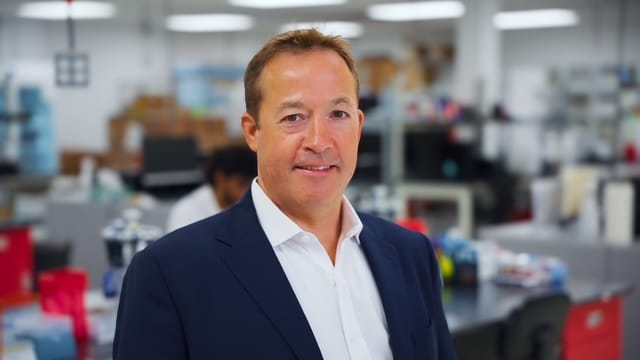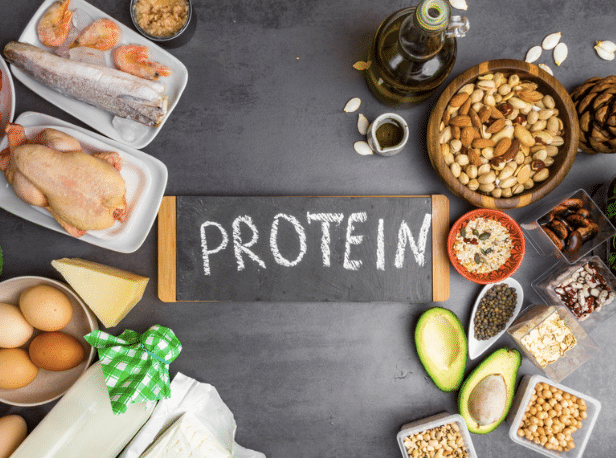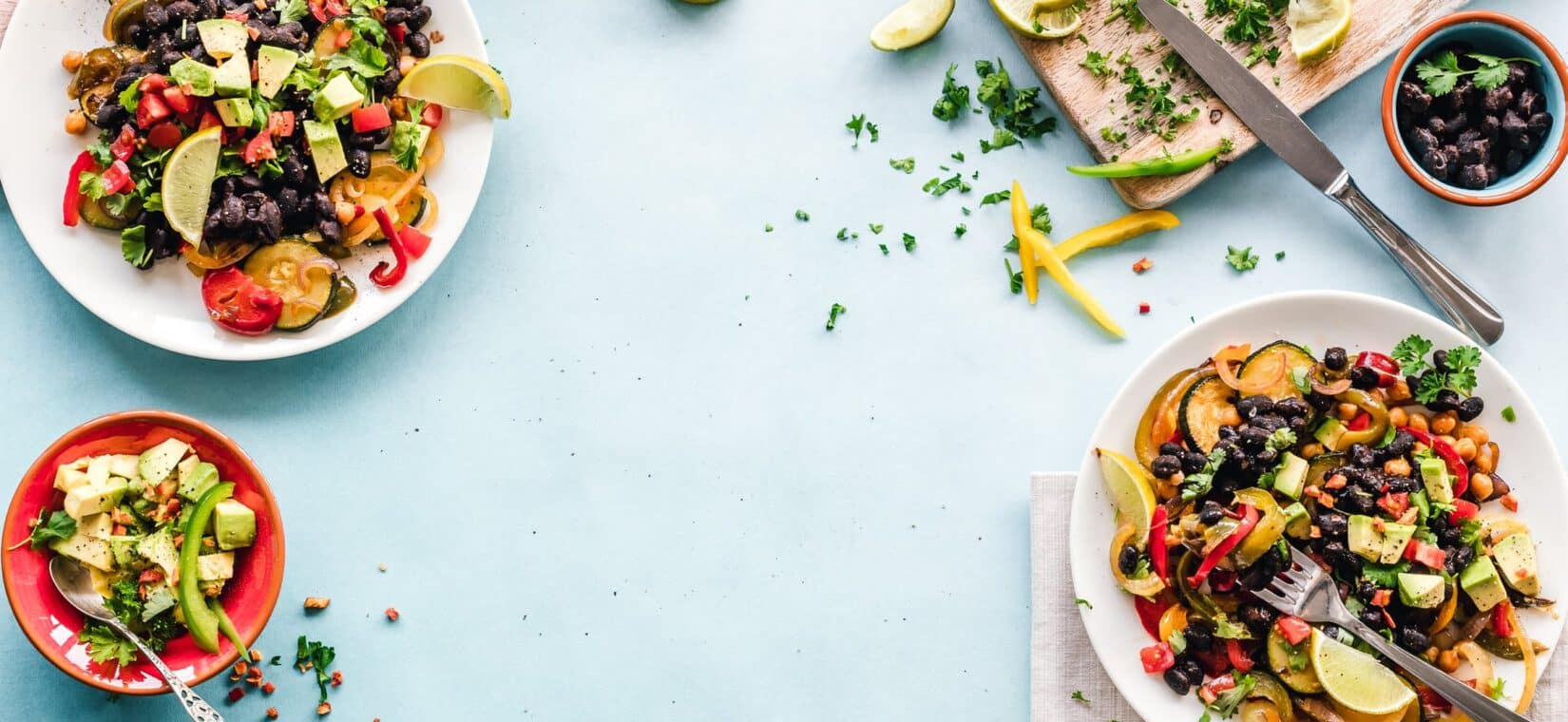Our Latest Blogs
-

Food Sensitivity Testing 101: Supporting Clients with Inflammation and Gut Issues
Read Full Article: Food Sensitivity Testing 101: Supporting Clients with Inflammation and Gut Issues -

Protein 101: The Health Coach’s Guide
Read Full Article: Protein 101: The Health Coach’s Guide -

Women’s Health and the Vaginal Microbiome: A Probiotic Breakthrough
Read Full Article: Women’s Health and the Vaginal Microbiome: A Probiotic Breakthrough


